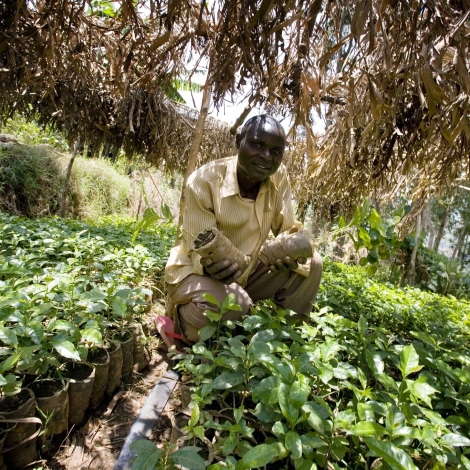The world’s food production is in jeopardy because the fertile layer of soil that people depend on to plant crops is being eroded by human activities. Climate change is likely to make it worse even as demand from a grown population is soaring. Soil erosion is a natural phenomenon, however factors such as intensive agriculture, deforestation, mining and urban sprawl accelerate it and reduce crop yields by up to 50 percent, according to the United Nations’ Food and Agriculture Organization (FAO).
“We’re approaching a critical point at which we need to start acting on soil erosion or we are not going to be able to feed ourselves in the future.”
One-third of our global soils are already degraded. Soil pollution can be invisible and seems far away but everyone, everywhere is affected. With a growing global population expected to reach 9 billion by 2050, soil pollution is a worldwide problem. FAO also said that the equivalent of a soccer pitch of soil is eroded every five seconds, and the planet is on a path that could lead to the degradation of more than 90 percent of all the Earth’s soils by 2050.
“We’re approaching a critical point at which we need to start acting on soil erosion or we are not going to be able to feed ourselves in the future,” Lindsay Stringer, professor at England’s University of Leeds, said. She spoke on the sidelines of a three-day conference on soil erosion co-organised by the FAO.
Water Management and Healthy Soils is one of six chapters in Engineering for Change’s ebook series, addressing global challenges such as mitigating soil pollution and ensuring food security via smarter water management and agricultural practices. Through solutions on how to maintain healthy soil and water on small farms in Africa to earn more revenue and climate change adaptation to ten ways to put human waste to use, this publication takes both old and current best practices into account. Experts and practitioners share their experiences from using age-old practices of farming in dry climates in Mozambique to disinfecting water using copper vessels in Thailand. These are combined with innovative solutions from Engineering for Change’s Solutions Library to achieve optimum productivity and maintain farm and public health.


Very useful information obtain here from the rest of the members